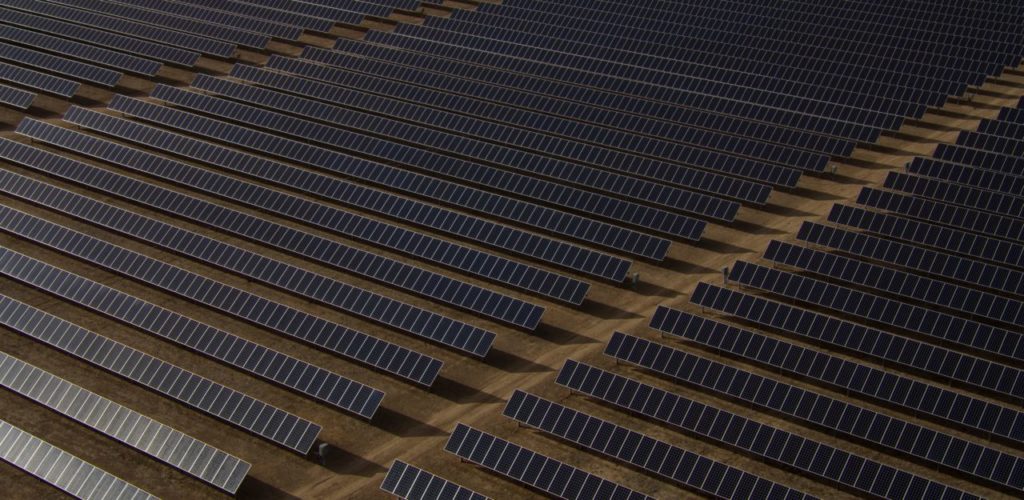
Policy uncertainty in the US and ensuing financial volatility is likely to disrupt investment in clean energy, according to a recent report from Crux.
A report published by sustainable finance company Crux said potential policy changes from the White House could threaten capital access for developers and manufacturers in the clean energy industry.
Try Premium for just $1
- Full premium access for the first month at only $1
- Converts to an annual rate after 30 days unless cancelled
- Cancel anytime during the trial period
Premium Benefits
- Expert industry analysis and interviews
- Digital access to PV Tech Power journal
- Exclusive event discounts
Or get the full Premium subscription right away
Or continue reading this article for free
The report’s release comes as the US tax Reconciliation Bill passed a vote in the House of Representatives and is currently being discussed by the Senate. The bill, in its current form, would bring a swift end to tax credits which had bolstered US clean energy industries.
“The near-term uncertainty may lead some developers to face higher costs of capital, more limited capital availability, or higher equity requirements as they seek to finance their projects,” said Crux.
Among the measures that would affect the clean energy industry in general is the inclusion of a provision that would limit “prohibited foreign entities” from accessing Inflation Reduction Act tax credits or the possibility of limiting procurement of materials from certain foreign entities.
According to Crux, investors are divided on whether the provisions would affect their decision to invest in a company exposed to a foreign entity of concern (FEOC). Just over half (54.5%) of investors said it would not change their willingness to invest in a project, but 45.5% said it would.
“As we face unprecedented energy demands and shifting geopolitics, the efficiency and transparency of capital markets will determine whether America can successfully build the energy infrastructure of the future,” said Alfred Johnson, CEO and co-founder of Crux.
“This report pulls back the curtain on financing trends that have historically been opaque, giving project developers and manufacturers the insights they need to structure competitive financing packages.”
The House of Representatives bill also proposes the termination of several tax credits sooner than expected. The termination of Section 25D, a residential energy tax credit, was brought forward to the end of this year, rather than the end of 2034. Other tax credits, such as advanced manufacturing production credits (Section 45X) and the investment and production tax credits (ITC/PTC), may also be terminated earlier than initially intended.
“The interconnected nature of clean energy financing means that changes in one area ripple throughout the entire market,” explained Johnson.
“For example, our data shows that tax credit bridge lending – which allows projects to pull forward the value of future tax credits – has become increasingly accessible, with terms largely driven by advance rates and the presence of committed investment-grade tax credit buyers. If tax credit policies change, understanding these debt market dynamics becomes even more critical for project success.”
More capital available for solar PV and energy storage
One of the key findings from Crux’s report is that capital is most widely available for solar PV and energy storage projects. According to Crux, almost every investor at all stages of the development process indicated that they would invest in solar.
Moreover, construction/term lending for projects with contracted offtake usually has greater capital availability and lower cost of capital. Over 70% of lenders indicated that they were willing to invest in a fully contracted project. However, Crux’s data indicates that a smaller group of lenders are open to merchant or partially contracted projects.
The report concludes that the outlook for clean energy financing in US projects and manufacturing remains robust, with increasing standardisation, growing liquidity, and broad policy support.
Despite trade policy, tax administration and economic volatility persisting, Crux expects the foundation for long-term capital formation to be strong as the market matures beyond established solar, wind and energy storage technologies, and as smaller developers gain more liquid access to capital.






